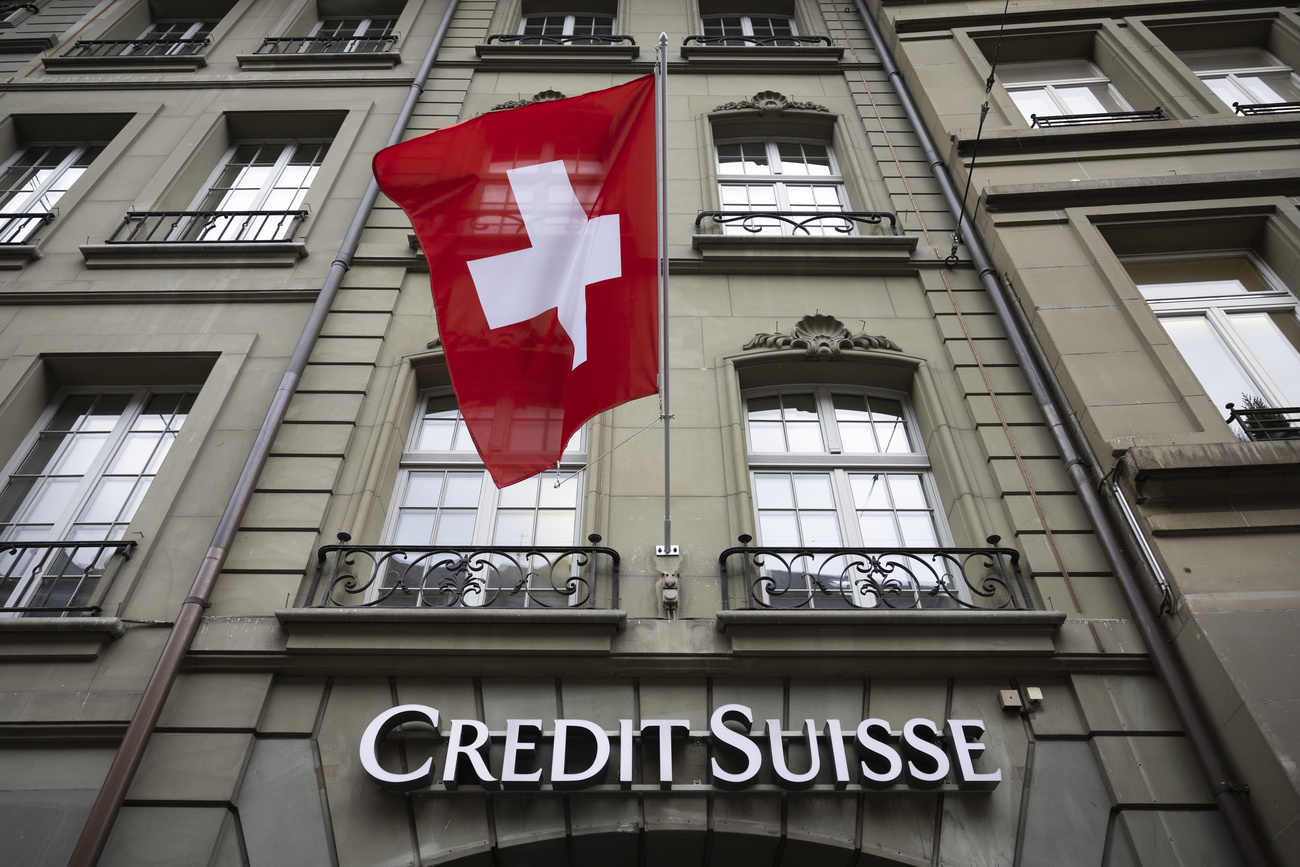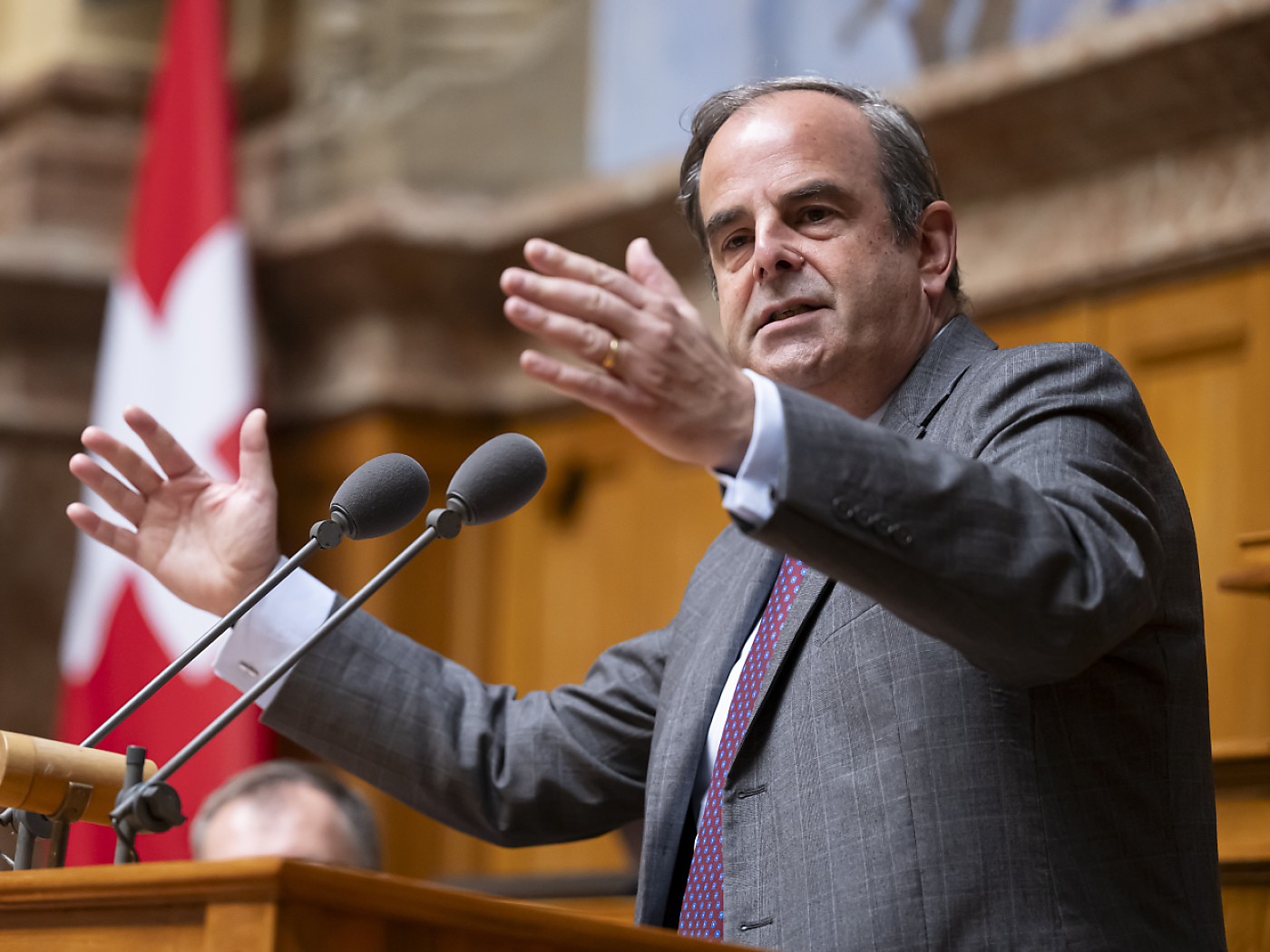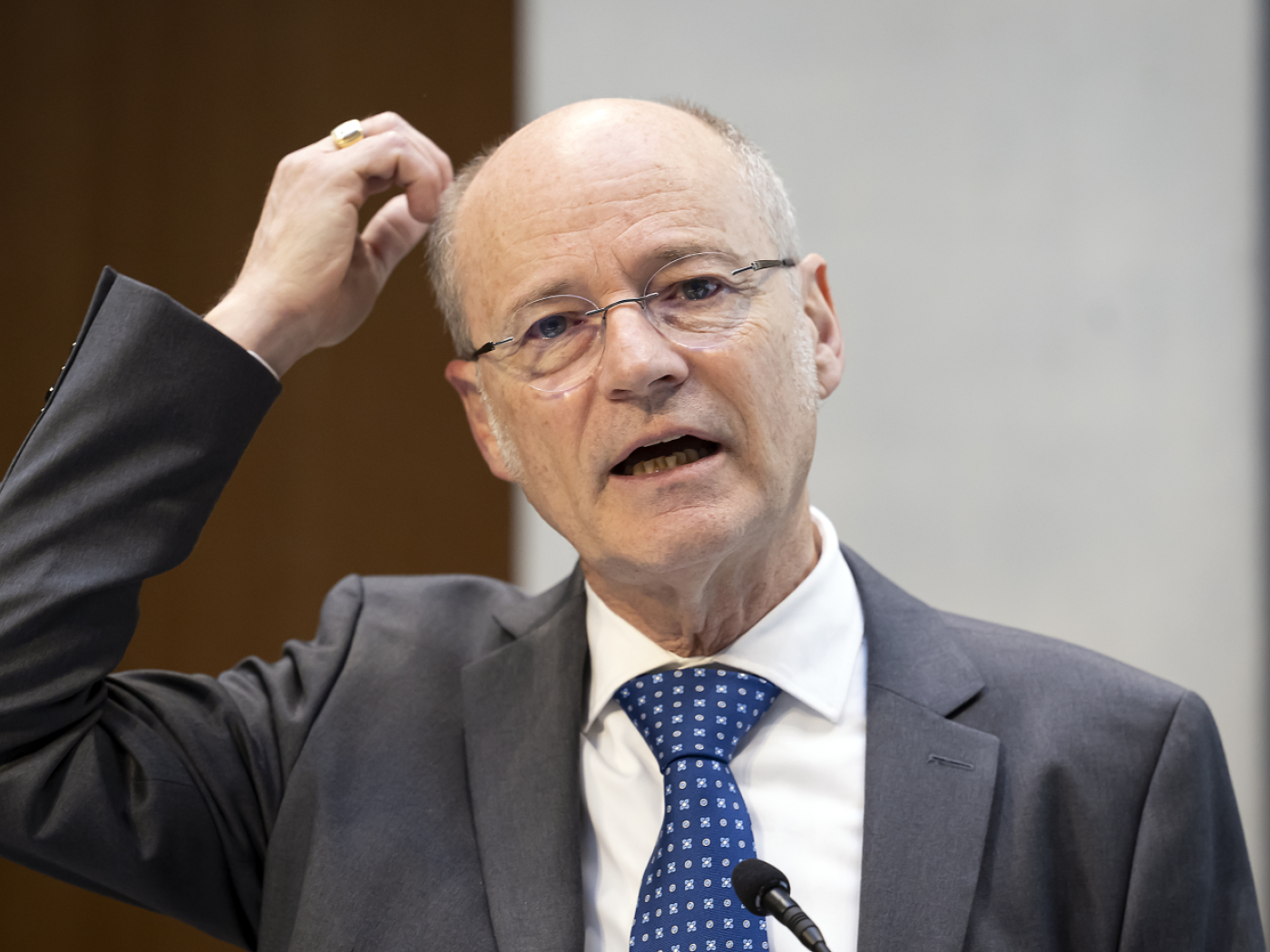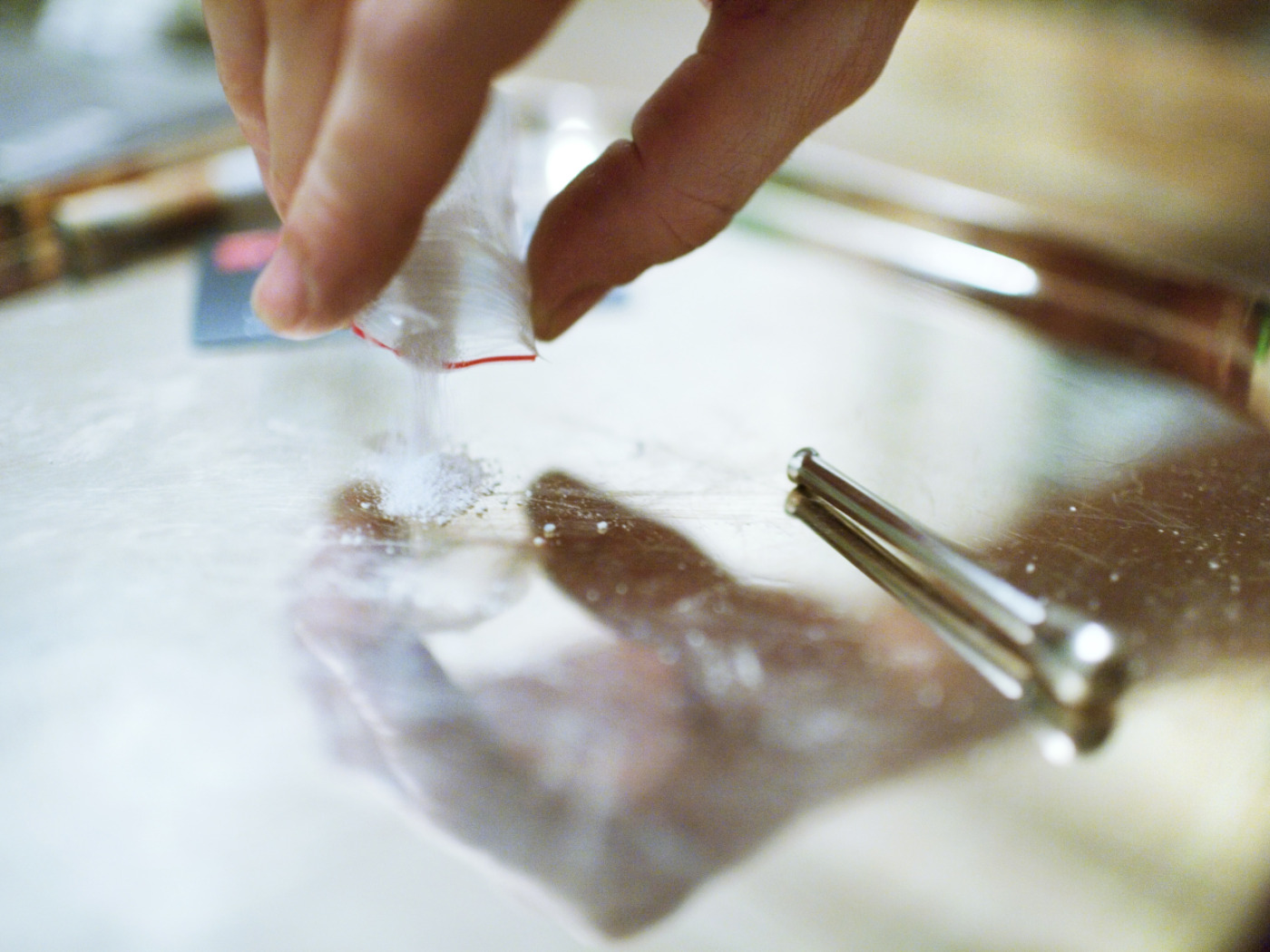The Bergier Commission was set up by the Federal Council in December 1996 to shed light on the issue of unclaimed assets and Switzerland’s role during the Second World War.
Keystone-SDA
Bank archives may still hold secrets about Swiss actions during the Second World War and should be re-examined, especially those of UBS, says Marc Perrenoud, a historian who worked on the Bergier Commission, an independent commission of experts that investigated Switzerland’s wartime past.
+Get the most important news from Switzerland in your inbox
“The Bergier Commission uncovered so much documentation that we couldn’t go through it all in the five years of our mandate, which ran from 1996-2001,” the historian told the Le Temps newspaper on Tuesday.
He made the remarks after news at the weekend that Swiss bank UBS is working with an independent ombudsman to shed light on Nazi-linked accounts. This followed a Wall Street Journal newspaper report that some accounts at collapsed bank Credit Suisse, which UBS bought in 2023, had not been disclosed in earlier investigations.
The WSJ cited a December 2024 letter from the ombudsman to the US Senate which said his probe had uncovered a cache of client files marked “American blacklist”, a designation for those trading with Nazi-affiliated entities, and revealed signs of a cover-up during past reviews.
More

More
Credit Suisse Nazi ties ‘ran deeper than thought’: media report
Former United States prosecutor Neil Barofsky is sifting through 3,600 boxes of files that were not seen by two investigatory panels in the 1990s, the newspaper reports.
Credit Suisse appointed Barofsky as an independent ombudsman to probe Nazi-era links in 2021, but later removed him from the position. Barofsky was reinstated in 2023 after Credit Suisse was acquired by rival UBS in an emergency takeover earlier that year
Lack of time and cooperation
Perrenoud said the Bergier investigation in the late 1990s had been “under pressure” to complete its work as a federal decree was only valid until December 31, 2001.
In addition to the time pressures, they also faced a lack of cooperation, he lamented.
“In some cases we suspected [a] withholding [of information], but we weren’t informed and we didn’t have the proof,” Perrenoud told Le Temps.
+Read more about the Holocaust assets controversy
The commission could have sent police inspectors to check, he added, but “there was the risk of destroying archives, as attested by the Meili affair in the UBS case”.
‘Not exhaustive’ work at UBS
Former UBS security guard Christoph Meili saved important archives from destruction in January 1997. In the context of the dormant assets affair, the Swiss government had enacted provisions guaranteeing access to the documents for researchers from the Bergier and Volcker commissions. The decree specified that the documents were not to be destroyed or made inaccessible.
Perrenoud noted that the banks were very late in handing over archives to the Bergier Commission.
“For example, at the end of our work, UBS sent us new customer information. We then realised that the inventory we had received in 1997 was notoriously incomplete,” he said. “We’d have to do the work in the UBS archives; it wasn’t exhaustive.”
The Bergier Commission was set up by the Federal Council in December 1996 to shed light on unclaimed assets and Switzerland’s role during the Second World War. In March 2002, it published a final report, along with dozens of studies.
Translated from French by DeepL/sb
This news story has been written and carefully fact-checked by an external editorial team. At SWI swissinfo.ch we select the most relevant news for an international audience and use automatic translation tools such as DeepL to translate it into English. Providing you with automatically translated news gives us the time to write more in-depth articles.
If you want to know more about how we work, have a look here, if you want to learn more about how we use technology, click here, and if you have feedback on this news story please write to english@swissinfo.ch.









